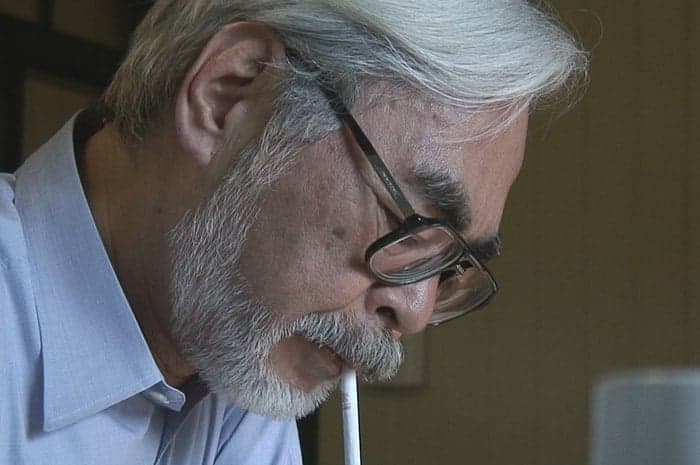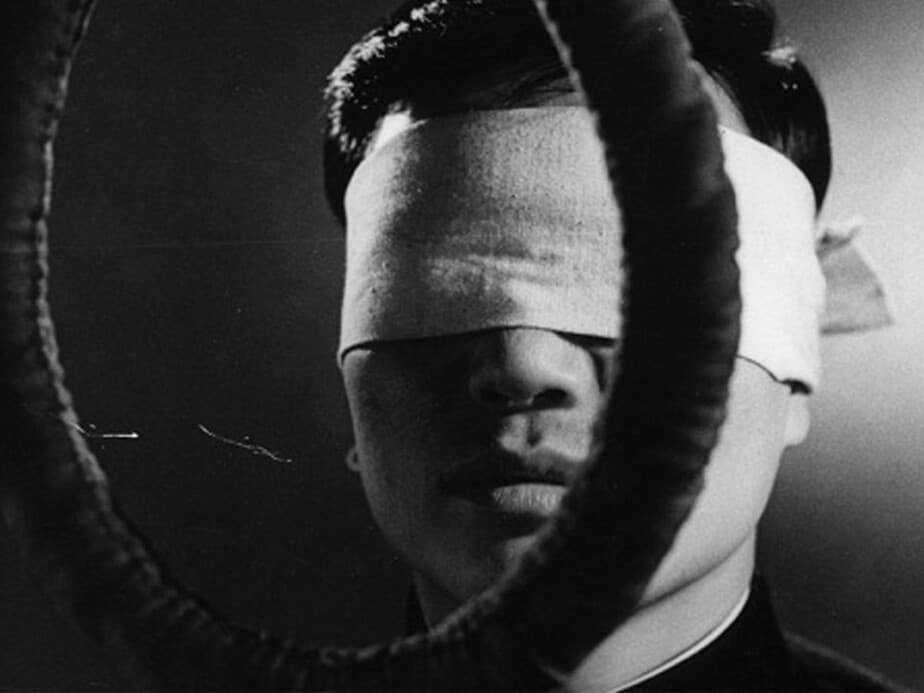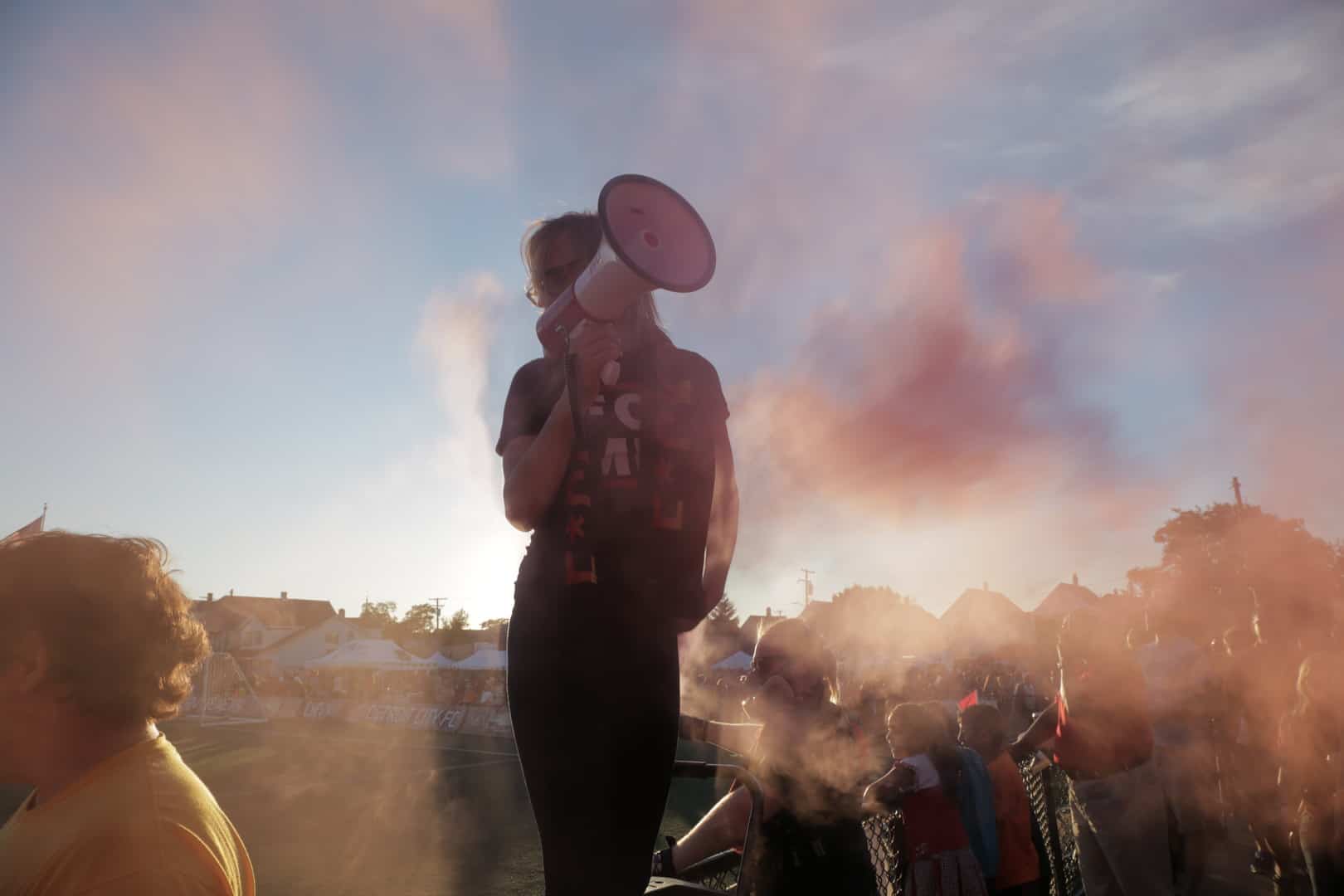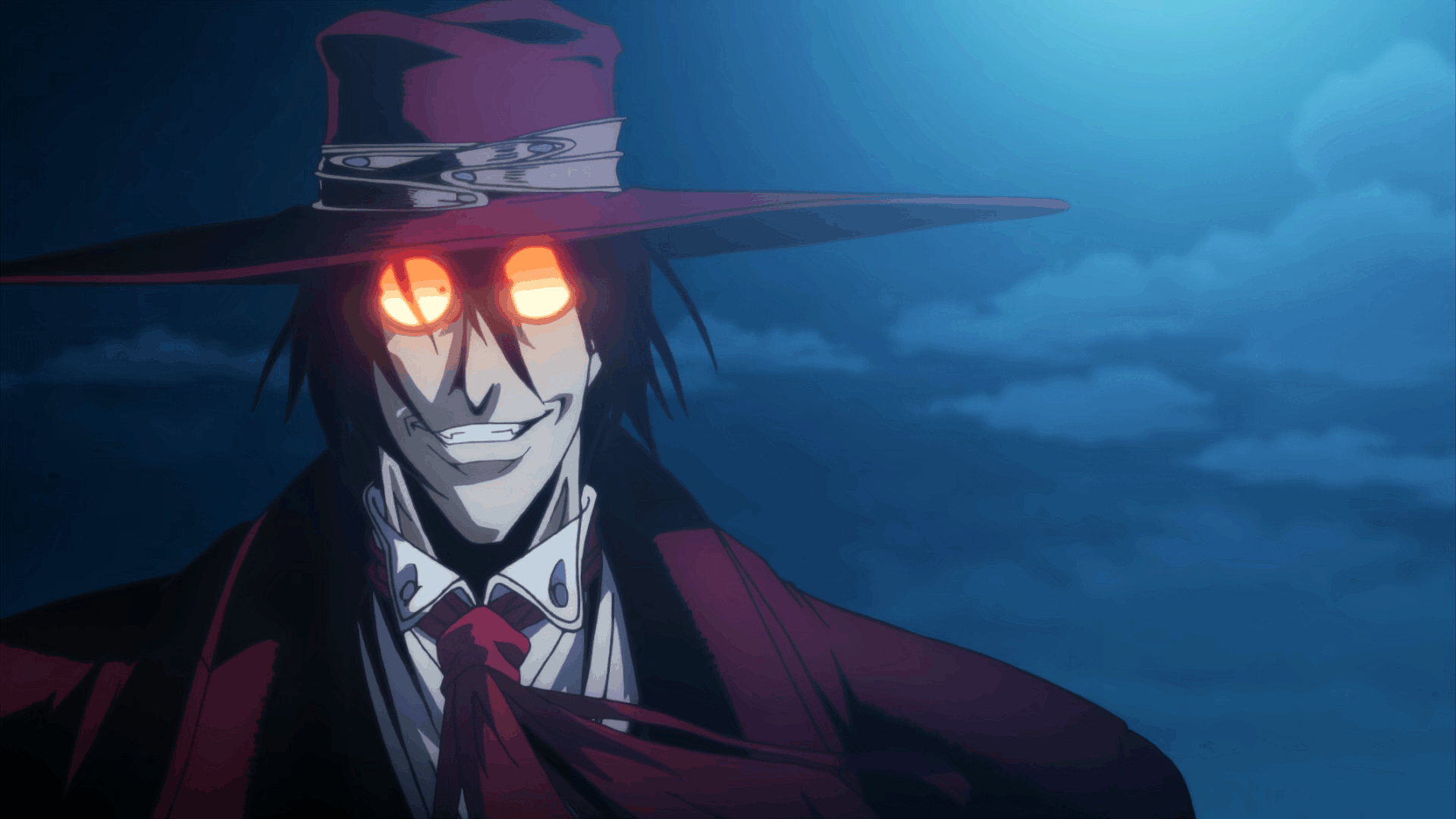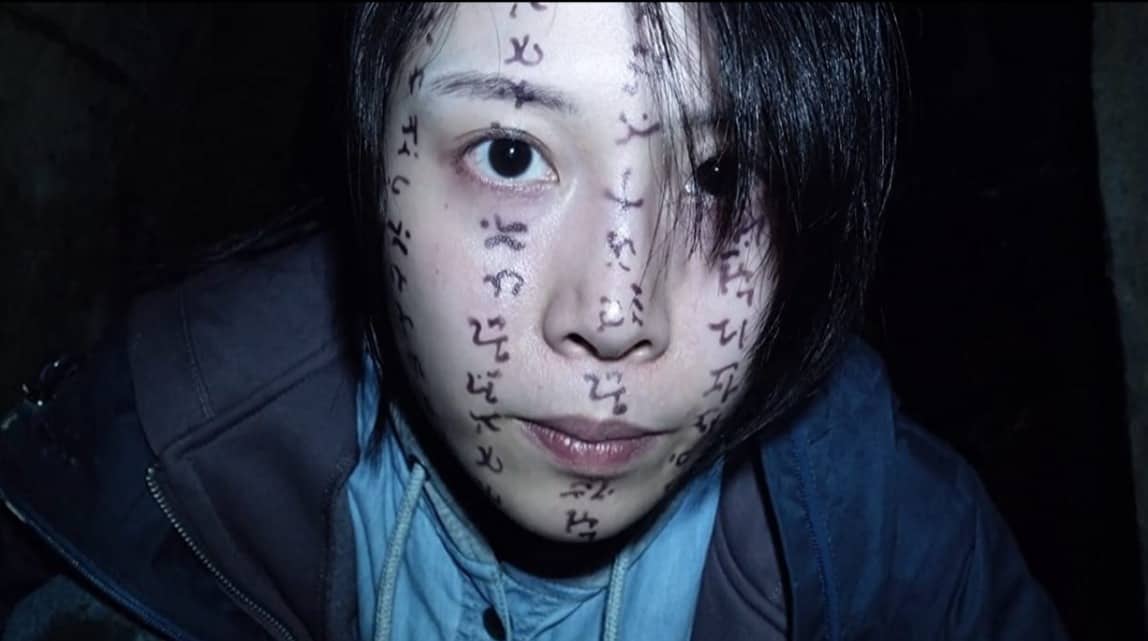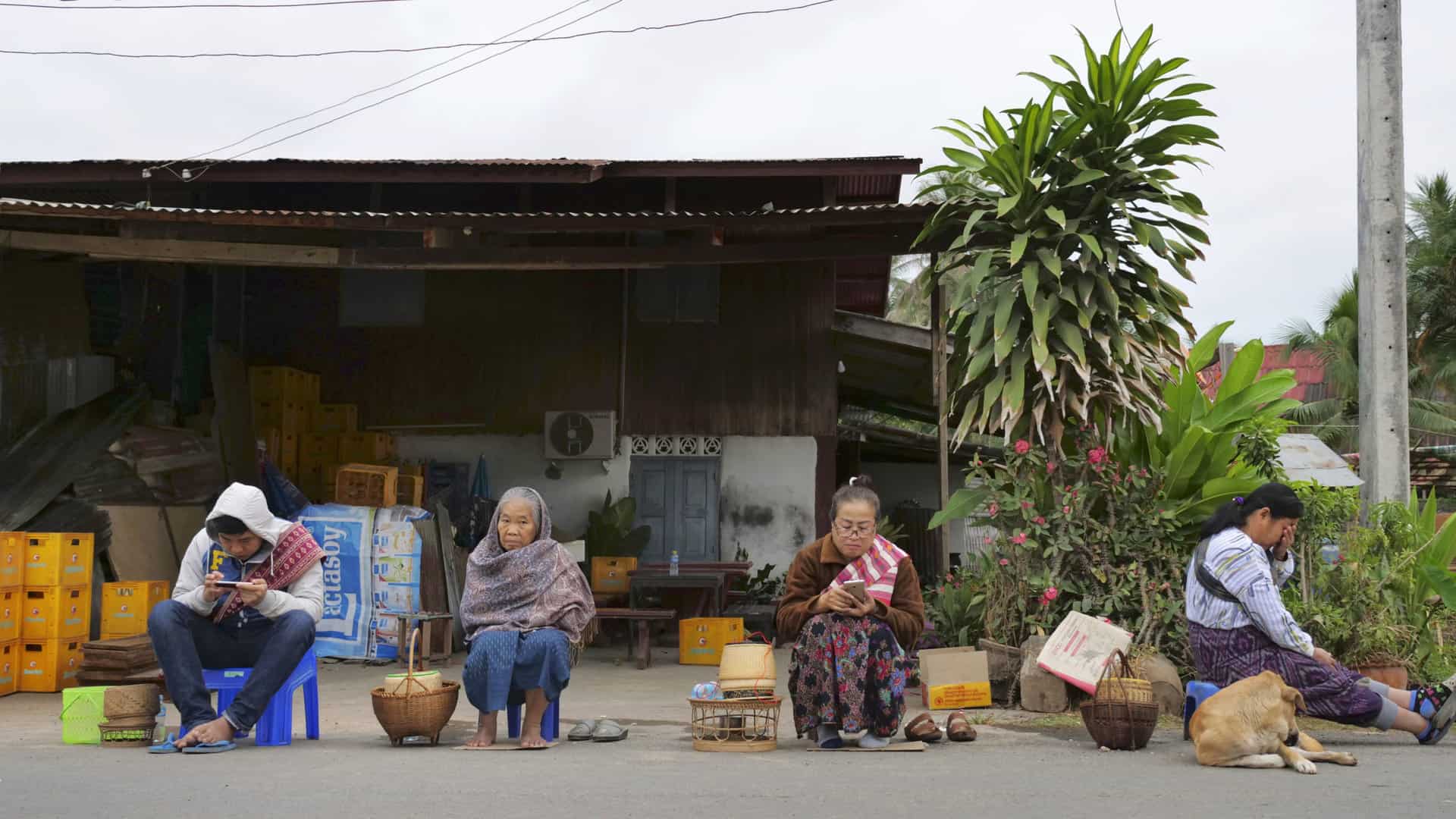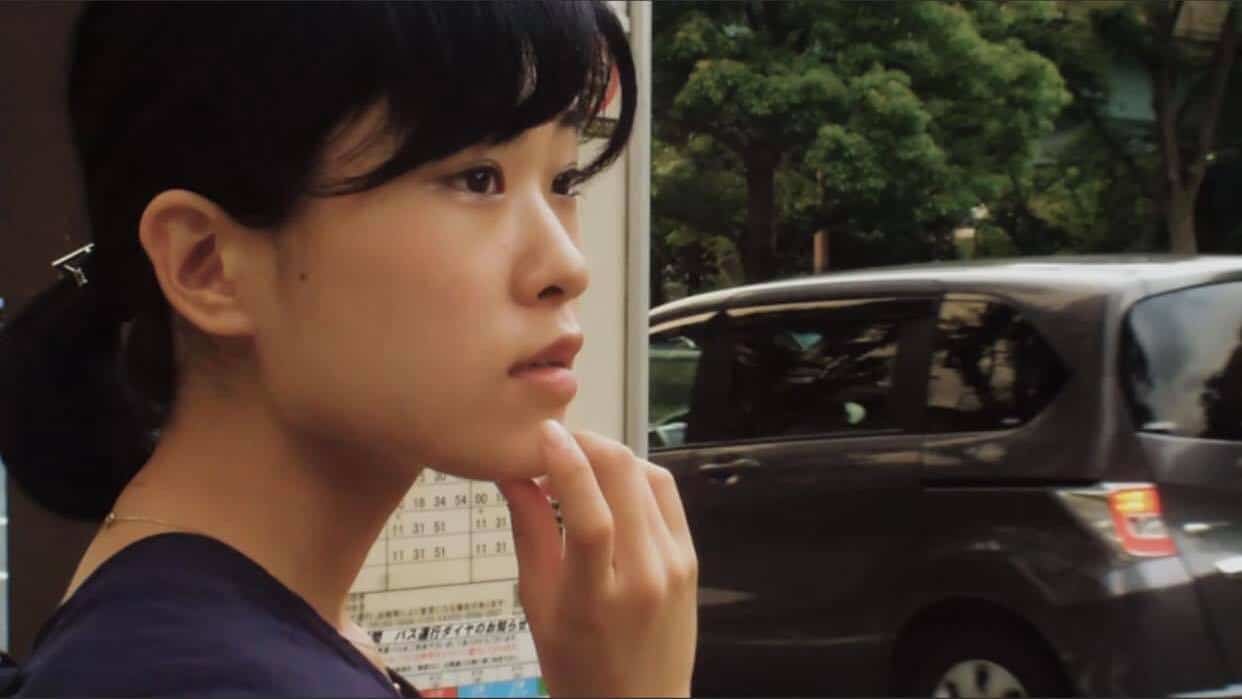Hayao Miyazaki needs no special introduction. The Japanese filmmaker, second after Kurosawa to receive the honorary Oscar for his outstanding motion picture achievements, has appealed to a broad international audience, winning many hearts belonging not only to anime enthusiasts. Few times already he has announced his retirement, but none of those announcements proved permanent in effect. It seems he just can't stop making movies and creativity pulsates in his veins.
The documentarist, Kaku Arakawa, had a rare opportunity to get an insight into the master's creative process. After meeting the director in 2005, he was allowed to shadow him at work (and even outside the Ghibli studio during more private moments) to register hours of behind-the-scenes material. The only condition was that he had to film all by himself, with no other crew members. The 4-episode TV miniseries “10 Years with Hayao Miyazaki” made for the national Japanese broadcaster NHK is the result (or rather one of the results – the other project, a documentary feature “Never-Ending Man: Hayao Miyazaki” aired in 2016). The initial 49-mins segment titled “Ponyo is Here” was included in the program of the Nippon Connection Festival.
“10 Years with Hayao Miyazaki Episode 1: Ponyo is Here“ is screening at Nippon Connection

As the title suggests, we will witness the prep stage of “Ponyo”. The camera follows the artist at his workshop and shows him coming up with the plot and character ideas, drawing numerous storyboards and reconsidering the initial concepts. It is fascinating to witness how the story unfolds from the one single image that came up to director's mind. His work on the script doesn't start from the script itself, he tries to reinvent the narrative schemes to let his imagination free. He does not compromise on quality and creative freedom.
We also observe Miyazaki's daily routine, beginning with a morning cup of coffee (sipped from a mug with Totoro's image). He shares his views on many subjects, e.g. what does it mean to be a filmmaker, what kind of creativity he expects from his team, the ways of engaging the audience and how boring the conventional beginning is. Miyazaki reflects on his age and physiological aspects coming with it (explaining that his hands are not as precise as they used to be) and mentions some of his inspirations (like the pre-Raphaelites and “Ophelia” by John Everett Millais). All that would be a treat for the fans, always keen to come closer and understand more.
However, the episode lacks deeper insight into the artist's world. If you expect an analysis of his work, that would present it in the more complex context, you will be gravely disappointed – maybe the next segments bring improvement in this area. It is a sincere, naturalistic type of documentary, which just registers the reality instead of exploring it. The film is shaky, grainy, and at times out of focus. When you get used to it, its technical flaws create a kind of intimate feeling of watching private recordings shared by the colleagues, exclusive access behind the closed door.
There is an off-frame commentary, a bit tiring when it explains the obvious we see on the screen (like “he walks”, “he enters” or “he draws”). Restricting it to the minimum would work much better. But the sole Miyazaki's charisma is enough to keep viewer's attention and to compensate for imperfections.


